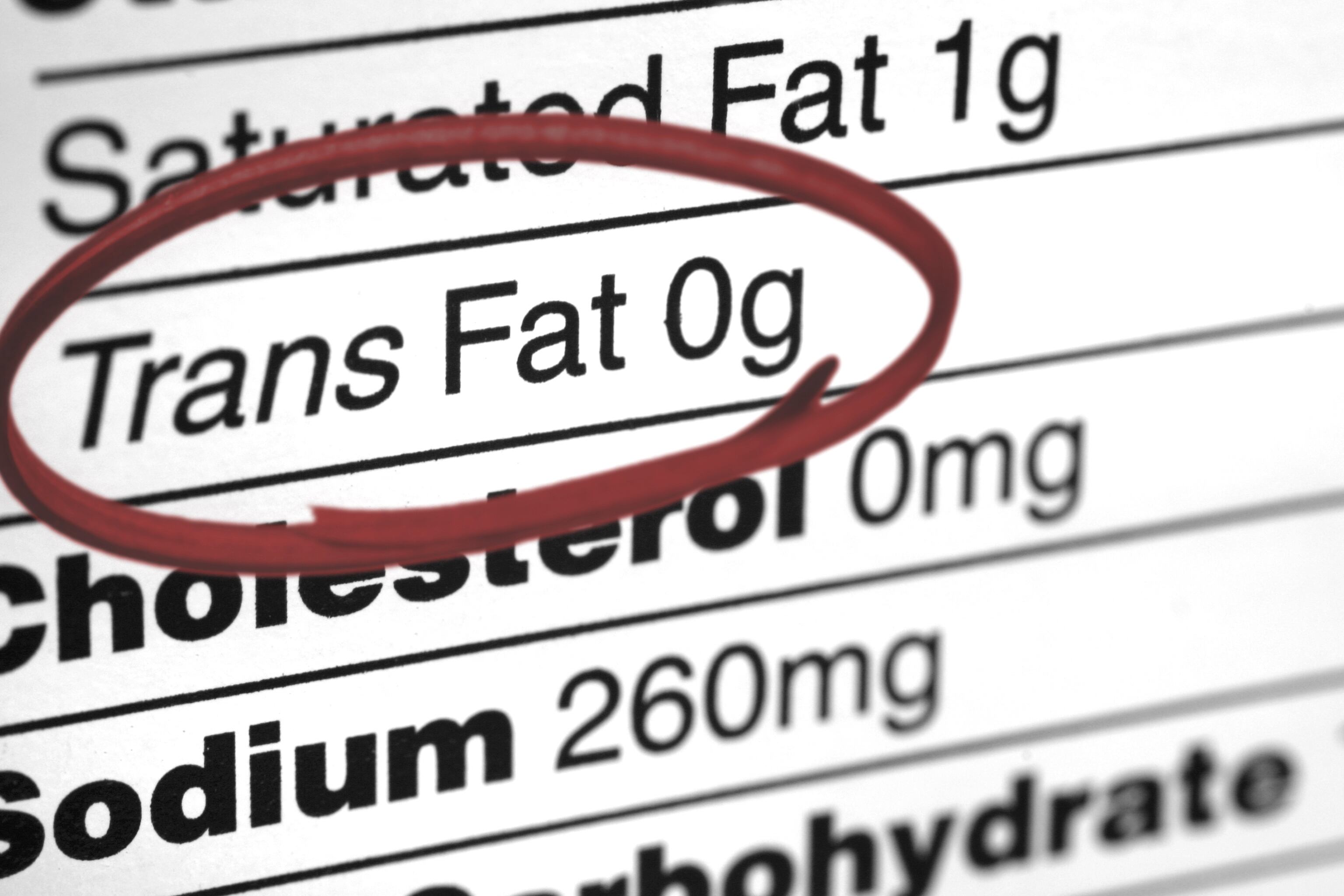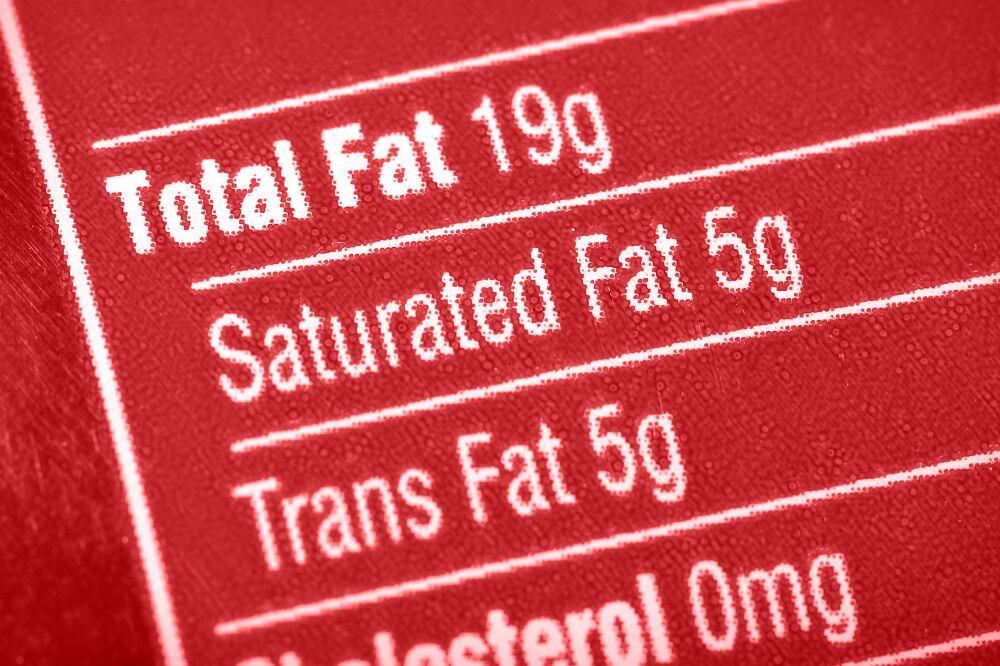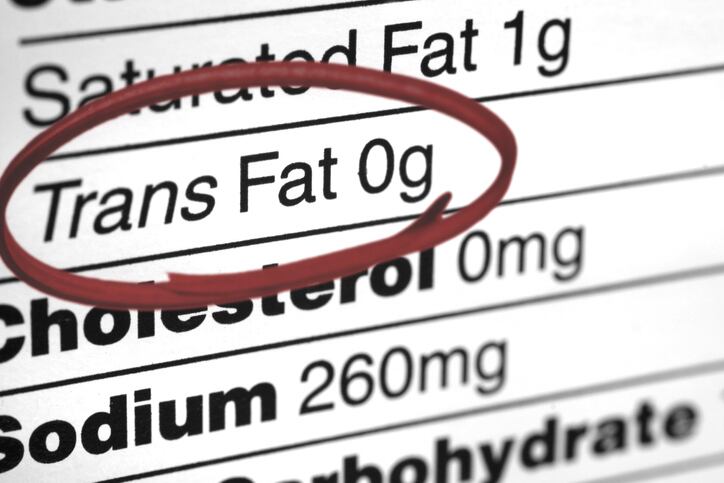A new action plan aims to lower the incidence rates of cardiovascular disease by eliminating trans-fatty acids from industrial food production by 2025. Cardiovascular disease is currently the leading cause of death in the Americas.
Prevalence and disease demand action is taken
Approved by the 57th Directing Council of the Pan American Health Organization (PAHO), the Action Plan to Eliminate Trans-fatty Acids from Industrial Production 2020-2025 encourages regulatory action. This action will focus on overcoming the prevalence of trans fats in industrially-produced foods and its presence as a contributing factor in the development of cardiovascular disease.
Commenting on the crucial elimination of trans-fatty acids now, Dr. Fabio Da Silva Gomes, who is the Regional Advisor on Nutrition and Physical Activity at PAHO, states: “Sales of processed and ultra-processed products, which are the main sources of trans fats, are increasing by 3.1% each year in the Americas.”
Trans-fatty acids is “a key contributor to some 160,000 deaths in the Americas each year”, added Dr. Da Silva Gomes.
In order to eliminate them, “voluntary measures are not enough. Regulatory measures must be applied in order to protect all populations”, said Carissa F. Etienne, Director, PAHO.
As such, “this action plan is timely and urgent”, said the Director of Noncommunicable Diseases and Mental Health at PAHO, Anselm Hennis.
Past efforts need to be developed
At present, trans fats are used in at least 27 of 35 PAHO Member States. Their presence remains, despite the public health authorities and representatives of food and cooking oil industries signing the Trans-fat Free Americas: Declaration of Rio de Janeiro in 2008. The organizations agreed to commit to eliminating trans-fatty acids of industrial origin.
Some countries, such as Argentina (2010), Canada (2017), Chile (2009), Colombia (2012), Ecuador (2013), United States (2015), Peru (2016), and Uruguay (2017), have limited or removed trans fats since this agreement. Others such as Brazil and Paraguay are at an advanced stage of a similar process, while Bolivia is currently forming trans fat-based regulations.
“Previous attempts have been made to eliminate trans-fatty acids through voluntary measures, but they were insufficient,” Da Silva Gomes emphasized.
“Over time, elimination of IP-TFA through regulatory measures has proven to be an evidence-based, low-cost approach that offers the most reliable path forward to end this public health problem.”
Regulatory measures to eliminate IP-TFA are now considered “necessary, feasible and effective”, Da Silva Gomes noted. Described by PAHO as a “relatively straightforward, low-cost, one-time policy measure with significant long-term health benefits,” the elimination of IP-TFA from the food supply has been prioritized by the 57th Directing Council of PAHO.
Trans fats: What are they?
Industrially-produced trans fats are present in a variety of accessible and popular foods, from hardened vegetable fats such as margarine and shortening, fried or baked foods and snacks.
Trans fat-based products were first brought in by manufacturers as a way to extend the shelf-life of food items. Organizations and the food industry as a whole, however, now know that there are less harmful alternatives available that, equally, do not impact the food products’ cost or taste.
The increased prevalence and risk of the food and nutrition issue was raised at this year’s 57th Directing Council of the Pan American Health Organization (PAHO). As such, eliminating trans fats was identified as a core priority to tackle in Latin America in the coming years.
“Evidence shows that diets rich in trans fats increase the risk of heart disease by 21% and the risk of death by 28%,” Da Silva Gomes went on to say.
“Trans fats increase levels of LDL cholesterol, a biomarker that is positively related to cardiovascular disease, and lowers HDL cholesterol, known as the ‘good’ cholesterol because it helps to eliminate ‘bad’ cholesterol from the body,” Da Silva Gomes relayed.
According to World Health Organization (WHO) recommendations, intake of trans fats should be limited to less than 1% of total energy intake. This level translates to less than 2.2g per day as part of a 2000-calorie diet, and less than 2g per day for children, PAHO explains.
Action Plan seeks to address
In creating its action plan to address the prevalence and problem of trans-fatty acids in Latin America, the PAHO regional plan proposes three options to eliminate trans-fatty acids from industrial food production:
- A ban on the use of partially hydrogenated oils
- A mandatory limit of 2% (or not more than 2 grams per 100 grams of total fat) on industrially-produced trans-fatty acids as a proportion of total fat content in all food products
- A combination of these measures
The Plan also calls for the establishment of regulatory enforcement systems that can ensure compliance, and of monitoring mechanisms to track the progress of elimination for industrially-produced trans-fatty acids.
Sharing insights on how the food industry can contribute to the success of PAHO’s action plan, Da Silva Gomes commented that it can “anticipate the elimination of industrially-produced trans-fatty acids by eliminating the use of partial hydrogenation of oils and removing partially hydrogenated oils and fats from products, and by reducing the exposure of oils and fats to high temperatures.”




